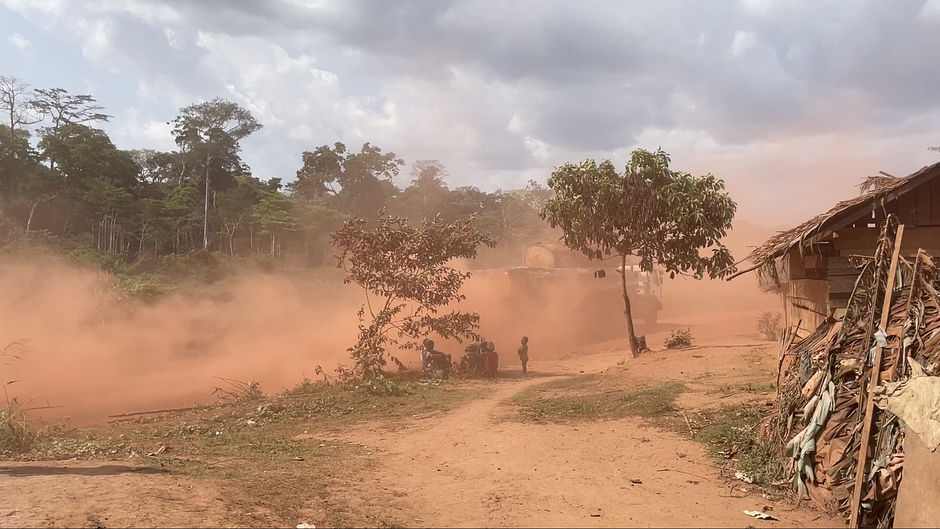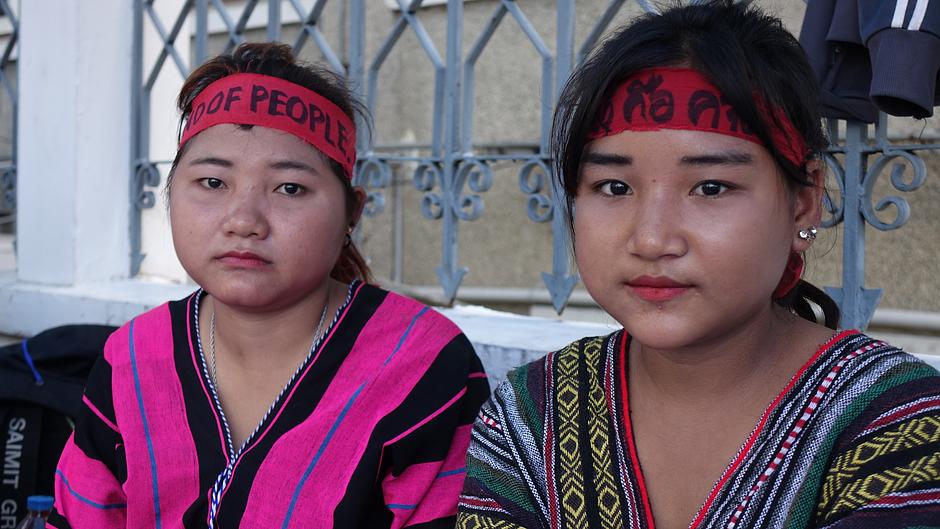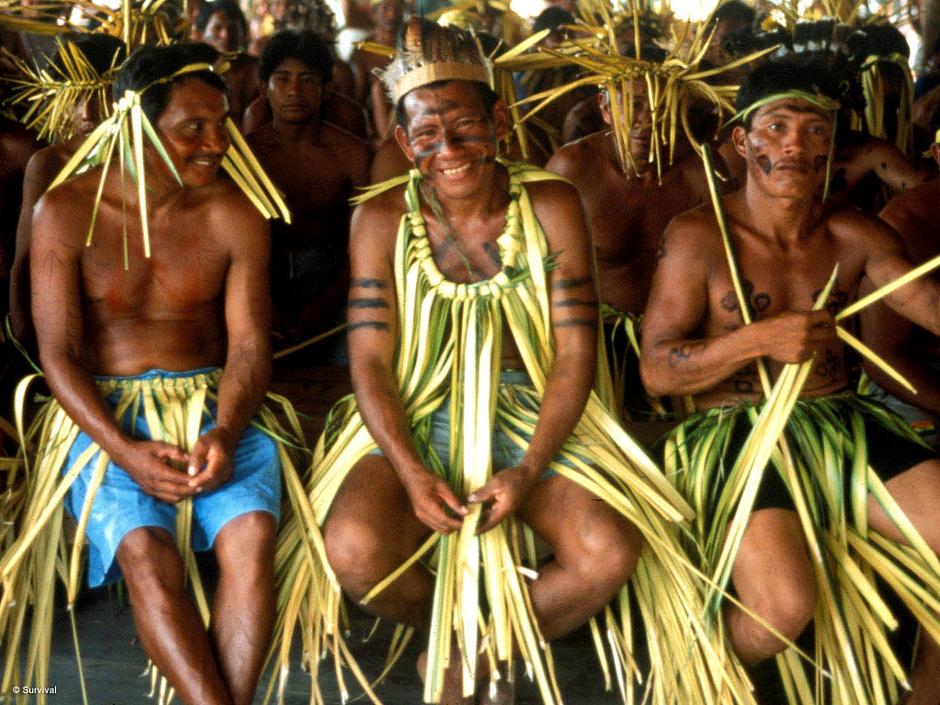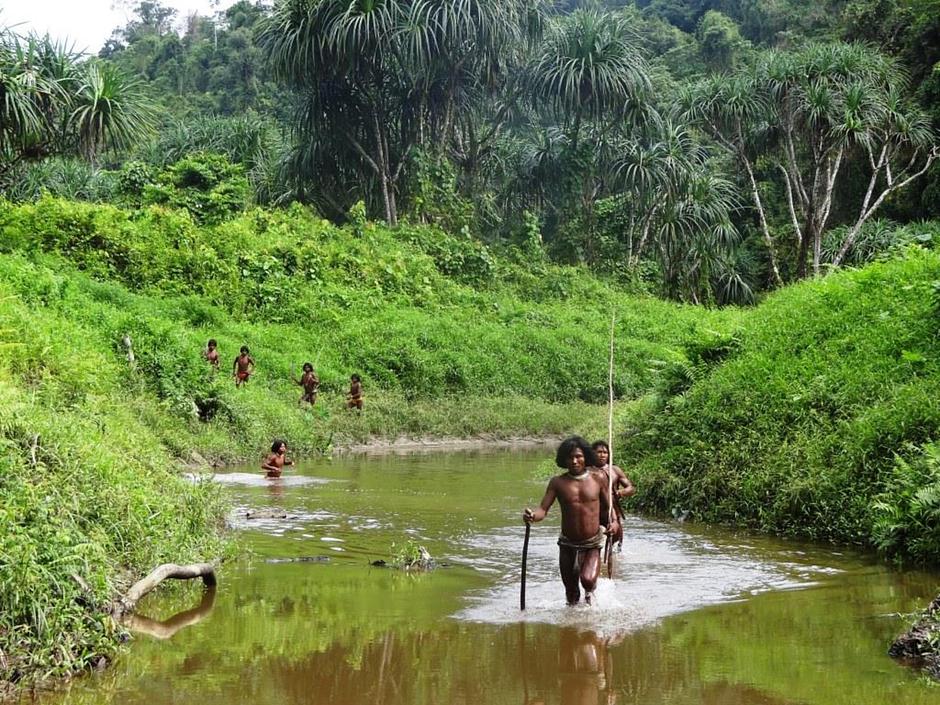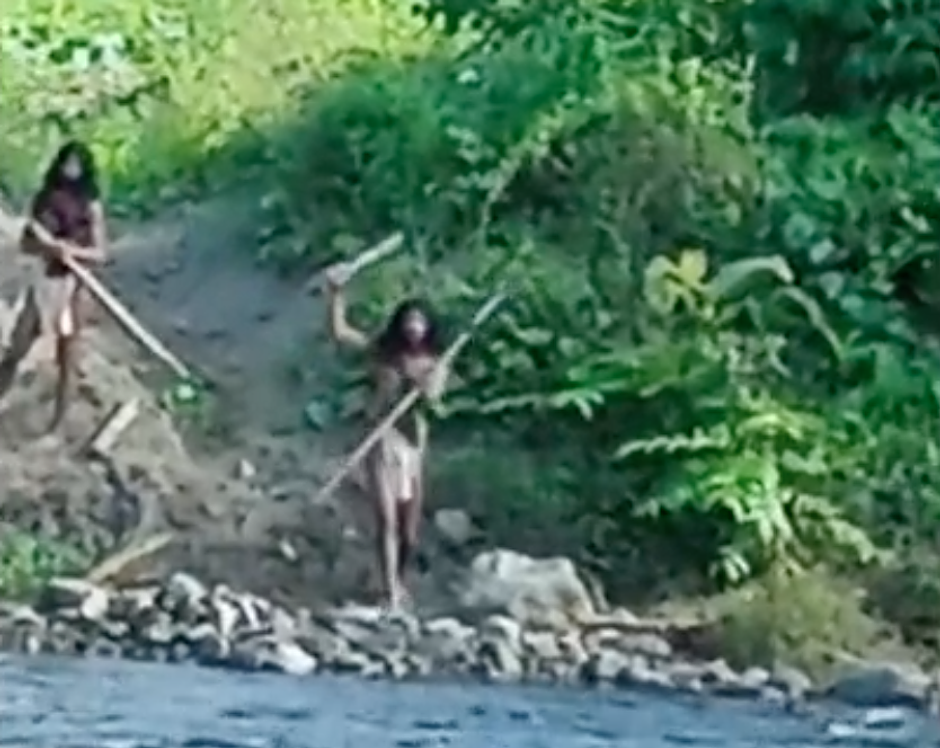Uncontacted tribes: the outsiders' view
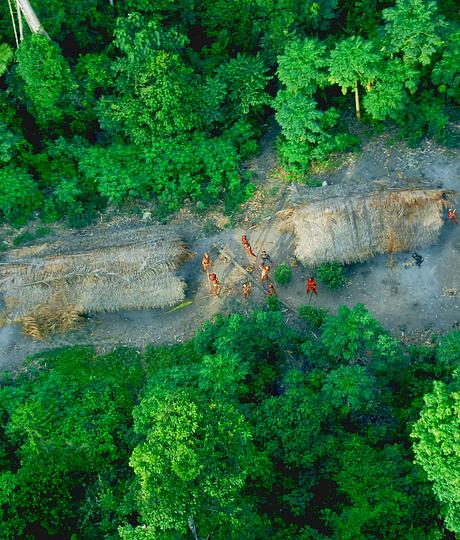
Fear, suspicion and racism
The outsider’s usual view of uncontacted tribal people is a mixture of fear, suspicion and racism. The tribes’ efforts to protect their lives and homes, often stemming from memories of violent persecution in the past, are interpreted by those living near them as wanton aggression and the savagery of the ‘uncivilised’.
‘The Korubo Indians are animals, not human beings. They kill and eat all who enter their lands, including other Indians. Stay away from them if you want to return alive…. I prefer to shoot the savages than let them kill my wife and children.’
Brazilian colonist
‘You could smell where they [the Jarawa] had stood. They smell so bad, don’t clean themselves. We have to go into the forest for cane and leaves. We take dogs, they go ahead and if they smell Jarawa they come running back.’
Andaman islands colonist, India
‘Indians are worse than animals. They’re not even good to eat.’
Brazilian rancher
Liquid error: internal
‘If I was in authority, I would exterminate all the Yanomami. I would leave one alive to exhibit to the public in a zoo.’
Brazilian hotel owner
‘No citizen of India can be allowed to live in the wilderness or as savages after more than fifty years of this country’s independence.’
Indian civil servant on the Sentinelese
‘The natives of this Territory are mean-souled, thieving rotters, and education only gives them added cunning.’
Australian settler, Papua New Guinea
‘I want to give the “Pig People” (Ayoreo-Totobiegosode Indians) the chance to hear the Bible, ’cause if they don’t, they go to hell and suffer eternal damnation.’
New Tribes Missionary
‘The Yanomami are devoid of any intelligence, wandering around naked and breeding like animals.’
Brazilian general
‘They’re animals, they live completely naked just like animals.’
Colonist talking about nomadic Indians in Colombia

